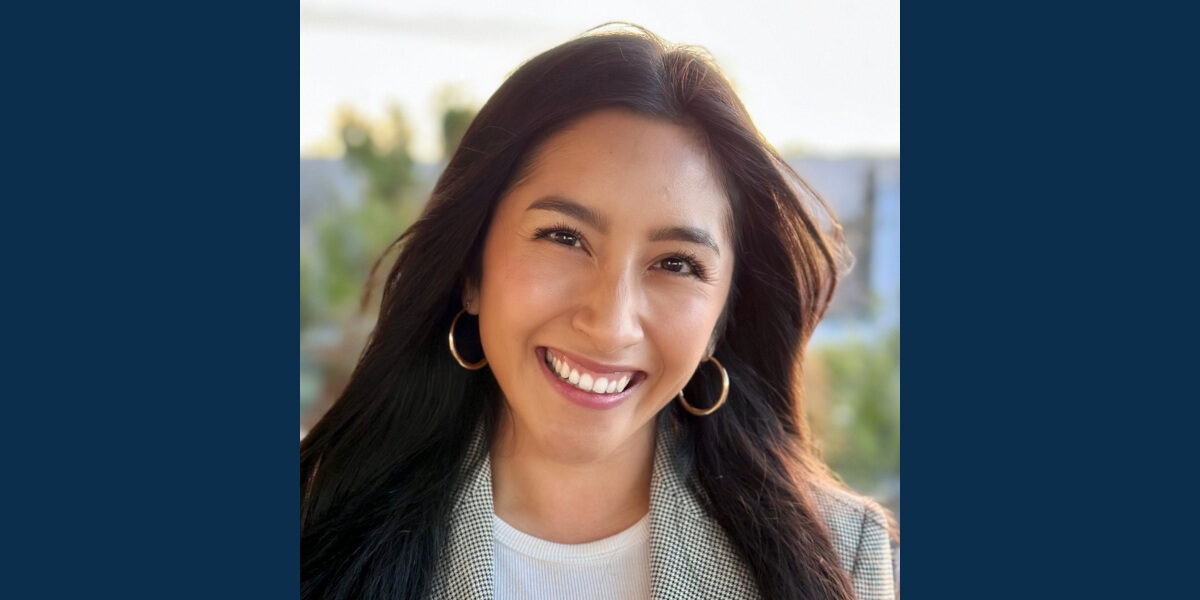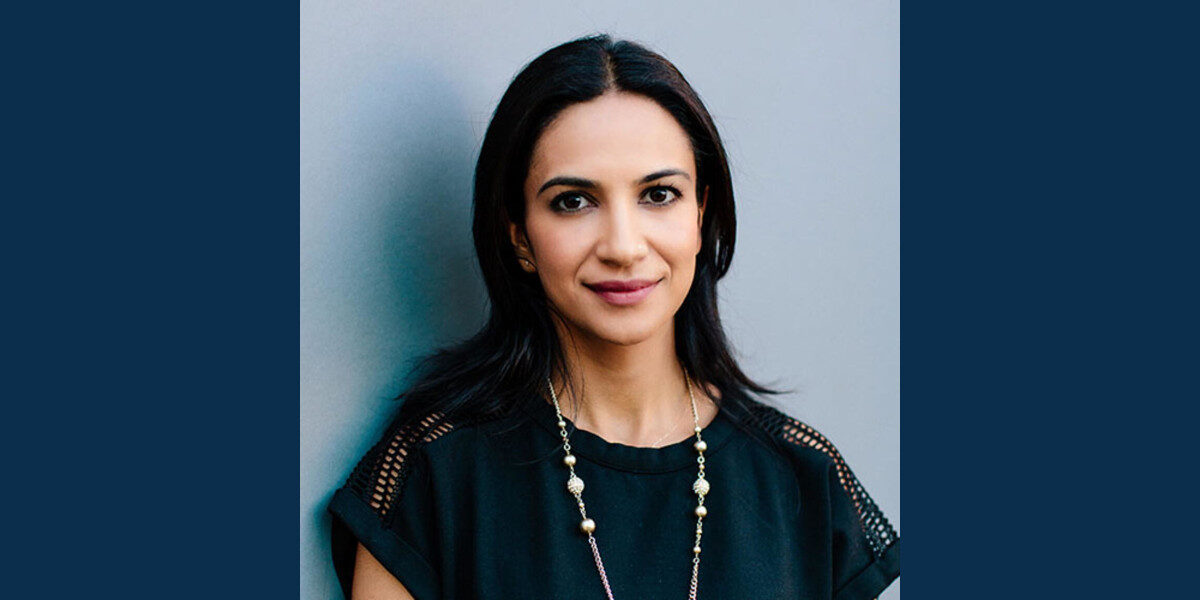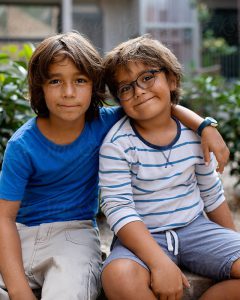

Meet Mental Health Talent Pipeline Scholarship Awardee Adriana Reyes
4 min read. Mental Health Talent Pipeline student Adriana Reyes talks about why she decided to pursue a career in mental health.
In August, Adriana Reyes began her coursework in the University of San Francisco Santa Rosa’s counseling psychology department as one of three new graduate students supported by the Healthcare Foundation’s Mental Health Talent Pipeline scholarship program.
The scholarship covers full-tuition and traineeship stipends for bilingual, bicultural students who are pursuing a Master of Arts degree at USF with a concentration in Marriage and Family Therapy (MFT) and who are committed to working in the mental health field in northern Sonoma County.
Born and raised in Santa Rosa, Adriana is glad that she and her older brother grew up where they did. “For us it’s a really great place to be in terms of the Latino community,” she says. “It’s a huge part of me, this community.”
Giving back to her community was a practice and value developed early. “Seeing how my mom is and her mother, my grandmother, I think it just gets passed down those traits, wanting to help people,” she says.
As someone who grew up speaking Spanish at home with her parents (who immigrated from Mexico nearly four decades ago), Adriana readily empathizes with people navigating a new culture and a new language.
“I was an ESL learner until the third grade,” she recalls. “I still remember being in kindergarten and being asked to spell out my name. I was really nervous. I think because of such experiences I like to put myself in the shoes of people who experience that today.”
Adriana recently took time to speak with us further about the inspiration that has brought her to USF and a career as a bilingual and bicultural therapist in north county.
What led you to pursue a career as a mental health professional?
I would say there are many factors. I was always a nurturer. In high school I used to volunteer. Every Saturday we would serve breakfast to the homeless through the Unitarian Universalist congregation. I always saw the need for a warm, welcoming approach to service. I think that goes a long way, even if it’s something as small as handing out breakfast. Seeing that people don’t even have that to rely on sometimes, it really opened my eyes to what the needs are in the community.
Then I went to UCLA. Moving to a new city and being the first person in my family to go straight to a four-year university so far from home, that transition was really a lot for me. I experienced two losses within my family at that time and it was really hard to be apart from them, not be present at the funeral, because I didn’t have money to travel to Mexico. That was the first time I sought out therapy for myself. I was struggling academically; I had to drop a class. Being at UCLA, such a large institution, it was tough to get mental health care because the system was so overloaded. But I was able to eventually meet someone who was Latina. Believe it or not I only had one appointment with her because her availability was so limited, but what I remember was seeing her Diego Rivera artwork and seeing her eyes, which kind of reminded me of my grandparents. I didn’t know too much about her, I don’t even remember her name, but at that time it gave me a little peace of mind. Right away, she just understood.
“I discovered that USF has a really diverse faculty and a strong humanitarian approach. Something I missed at a larger school was the feeling I could make a difference. I felt the people at USF were going to shape how I see mental health not only through a clinical lens but through a humanitarian one as well.”
Adriana Reyes, Mental Health Talent Pipeline Student
I think that really put the idea into my mind: I want to be someone like that. Someone who, in a time of troubles, can be that constant, that reminder that we’re here, that we persevere. There have been a lot of influences throughout my life that have steered me toward mental health as a calling. That experience at UCLA made me think about how important it is to be represented in the mental health sphere, which is something I feel passionate about as a first-generation college student.
Did it inform your major at UCLA?
Yes, I was a psychology major. I knew I wanted to eventually come back and work with people. But I did go a different route for a bit. I worked in corporate, from human resources to marketing. Being a part of a social media marketing team, and during the pandemic, is a job where you really get burnt out by being influenced by so many different forms of media and what’s going on in the news. Self-care was really important to me during that time.
What drew you to the program at USF?
My sister-in-law works for a nonprofit and she told me about Doctor Daniela Domínguez’s work. She said, I’ve been working with this really amazing woman, I think you would be inspired by talking with her. This was during the pandemic. I was not super ready to make a transition but I was definitely thinking about it. I started to look into different schools—local schools first because I wanted to stay near my community. I found Doctor Domínguez’s work in different research studies on queer and immigrant and Latinx populations. It made me want to find out more, and I discovered that USF has a really diverse faculty and a strong humanitarian approach. Something I missed at a larger school was the feeling I could make a difference. I felt the people at USF were going to shape how I see mental health not only through a clinical lens but through a humanitarian one as well.
It’s only been a couple of weeks but how have you found the program at USF so far?
It’s really great, the reading but even more the conversations that are had. I think part of it, too, is that we’re all in the same boat, wanting to do our best, learning as much as possible to eventually practice in the real world and make a difference. It feels like that curiosity is never going to stop. The path is onward and upward. I get excited just thinking about what I’ve been learning.
Is there any other person or persons who helped you to get to where you are today?
I give a lot of credit to my parents, my mom especially. She came from a place where her father didn’t want her to waste money on her education. He thought a husband was going to provide. And yes, that happened. But my mom still wanted to get her degree in child development. To see her accomplish that, as I was also studying, was part of that support that she always gave me: Not just pointing a finger and saying you better do this; no, she was doing the work as well. She’s a huge influence. I’ve always looked to her as a source of strength and resilience. From her I saw that if one door closes, there’s always another, there’s always a way to get it done.

Related News + Stories
Invest in Our Community
Your support is vital to our collective vision of eliminating health inequities in northern Sonoma County.
Donate



